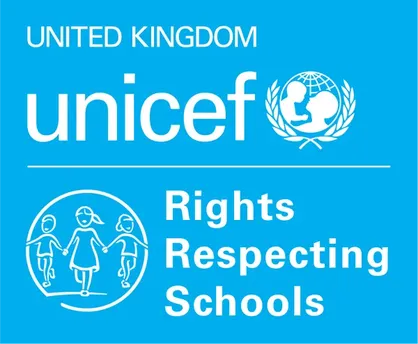Here are the key forms and documents you will need to work towards the first stage of the Rights Respecting Schools Award, Bronze: Rights Committed.
Bronze checklist
This checklist gives a succinct overview of what a school needs to do to achieve Bronze: Rights Committed, the first step of the Award.
The Strands and Outcomes of the Award
For a school to achieve a Rights Respecting Silver or Gold accreditation, it must have evidence that it has reached the three strands of a Rights Respecting School. A school uses these strands and other guidance provided to plan and monitor progress.
Bronze Application Form
Fill this form in and email it to your Professional Adviser when you are ready to apply for your Bronze Award.
Measuring your starting point
WHY IS IT IMPORTANT TO DO THE QUESTIONNAIRES?
We see these questionnaires as having a dual purpose:
- They provide schools with a standard approach to take stock of their RRSA progress with pupils and staff at key points
- They provide data for our wider evaluation.
We will use this data for our own evaluation purposes to help ensure that we are having a positive impact on the lives of children. We analyse the data across schools we work with to identify the difference the RRSA makes for children. You can see how we use this information by looking at our impact reports. You may also find it useful to read The RRSA Theory of Change which explains our vision of change for children and schools.
Our evaluation findings are shared with a range of stakeholders who are interested in RRSA – such as schools, local authorities and current or potential funding partners.
London Schools
From April 2025, all London schools are required to use these questionnaires, as part of our funding from the Mayor of London’s Violence Reduction Unit (VRU). This data will be aggregated across schools by UNICEF UK into regular reports, which will be provided to the VRU to monitor and evaluate the impact of RRSA. This supports the wider monitoring and evaluation of activities to support their London Inclusion Charter. It is not being collected to assess individual school performance.
The questionnaires are recommended but optional for schools outside London.
You will find the Microsoft forms questionnaires for Primary, Secondary pupils and Staff here.
Fo further guidance regarding administering the questionnaires or setting them up for your schools please refer to our guidance.
The pupil questionnaire is available in three versions: Primary age, Secondary age and Pupils with communication difficulties. They are between 14 and 19 questions long and would take approximately 15 minutes in most cases. Younger pupils may need help to ensure they understand the questions.
The pupil questionnaire should be completed by a cross section of the pupil population. Choose either a small number of classes in different age groups or a few children from most classes. Please aim for a sample size of 15-20% of the children.
Pupil questionnaire data is not required for nursery schools. However, we recommend that you look at ways to ask children in nurseries what they know about their rights and how they feel about the way they are looked after. You can use the discussion to influence your action planning.
The staff questionnaire has 7 questions and takes approximately 5 minutes. It is intended for all adults working in your school, particularly those who have regular contact with children. Please encourage as many staff members as possible to complete the questionnaire. It should be completed by at least 10 staff members wherever possible. We do not ask for names on the questionnaires, but we do ask for job titles.
Printable Questionnaire Formats
The school questionnaire guidance includes links to digital formats of the questionnaires.




